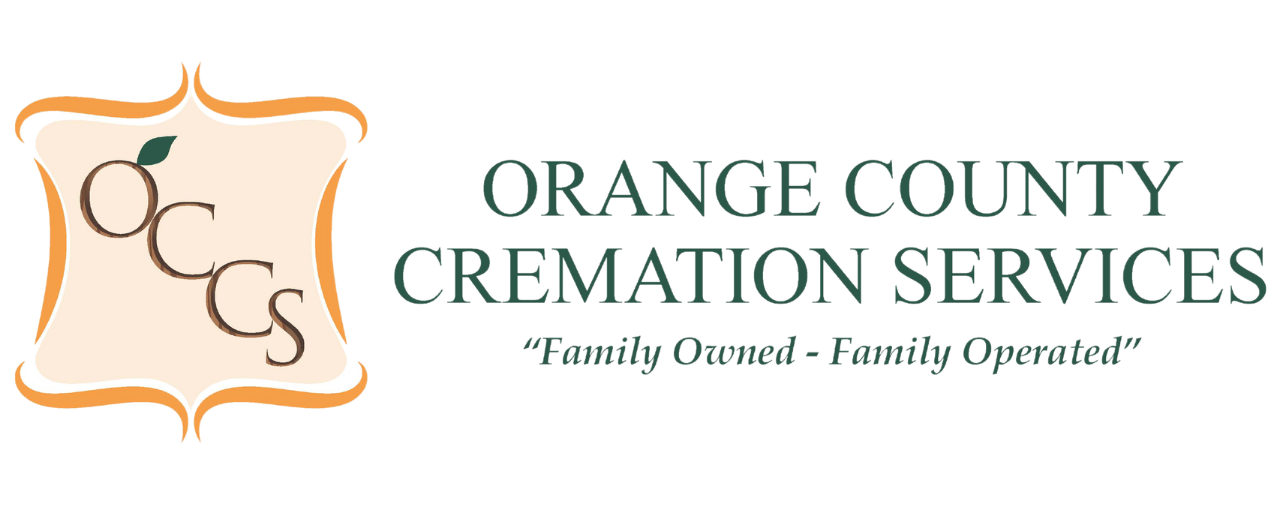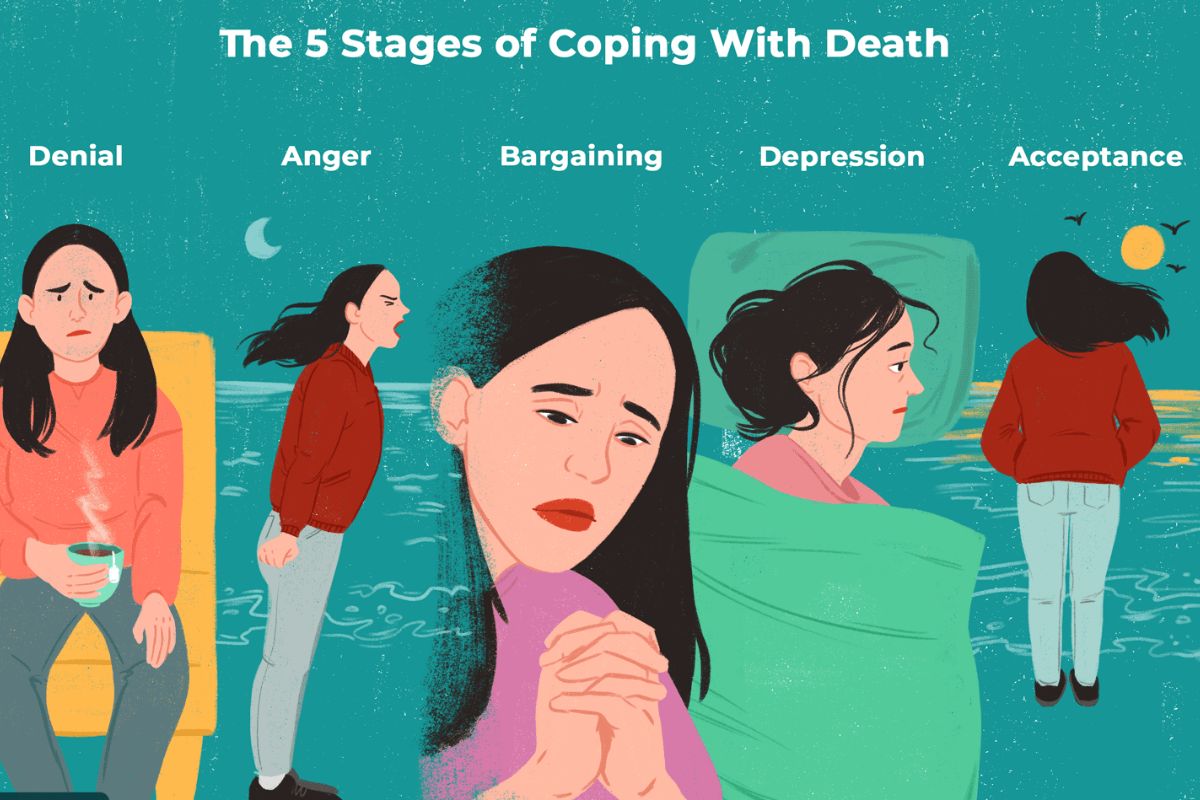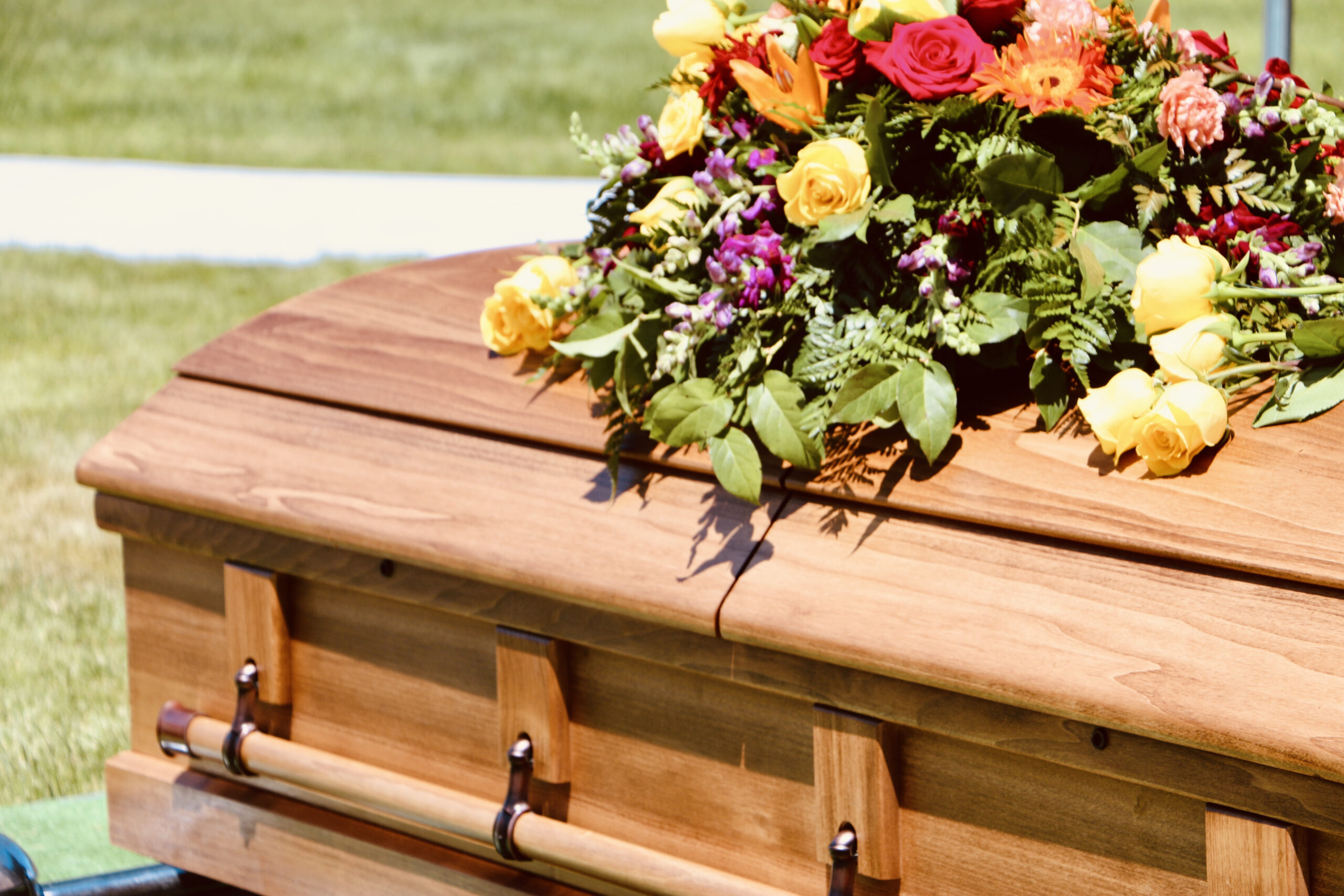Navigating grief after the cremation of a loved one can be a deeply personal and challenging journey. However, understanding grief, embracing support systems, and engaging in healing practices can provide solace and a path toward recovery. Here are insights and strategies drawn from various sources that can help you and your family through this difficult time.
Understanding Grief and Its Stages Grief is a natural response to loss, characterized by a range of emotions such as sadness, anger, guilt, and disbelief. It’s important to recognize that grief does not follow a linear path; individuals may experience various stages of grief, including denial, anger, bargaining, depression, and acceptance, in no specific order. Acknowledging these emotions as part of the grieving process is crucial for healing.
Physical Health and Self-Care The impact of grief extends beyond emotional distress, affecting physical health. Maintaining a routine that includes regular sleep, nutritious meals, and physical activity is essential. These actions not only help in managing grief symptoms but also promote overall well-being.
Expressing Feelings and Seeking Support Sharing your loss with family, friends, or support groups can provide comfort and reduce the sense of isolation. Speaking about your grief openly can help in validating your feelings and fostering connections with others who have experienced similar losses. Additionally, memorializing your loved one through personal tributes or activities can offer a meaningful way to honor their memory and process your grief.
Professional Support and Counseling For some, the intensity of grief can be overwhelming, necessitating professional support. Grief counselors or therapists specialize in helping individuals navigate their grief, offering strategies and coping mechanisms tailored to individual needs. Both individual and group counseling sessions can offer valuable support, allowing for the expression of emotions and sharing of experiences within a safe environment.
Children and Grief Children and adolescents also grieve and may benefit from age-appropriate grief counseling. Such support helps them understand and express their feelings in a healthy way, ensuring their emotional development is supported through the grieving process.
Engaging in Memorial Activities Activities such as planting a tree, creating a scrapbook, or writing letters to the departed can serve as therapeutic outlets for grief. These actions not only honor the memory of the loved one but also provide tangible ways to cope with the loss.
The Healing Process Healing from grief is a gradual process, with no set timeline. It involves learning to live with the loss, finding ways to remember your loved one, and allowing yourself to experience joy and fulfillment again. The journey through grief is deeply personal, and embracing the healing process can lead to growth and resilience over time.
Incorporating these strategies into your grief journey can provide pathways to healing and recovery. Remember, it’s essential to be patient and kind to yourself during this time. For more detailed guidance and support, consider reaching out to professional grief counselors or local support groups in your community.











